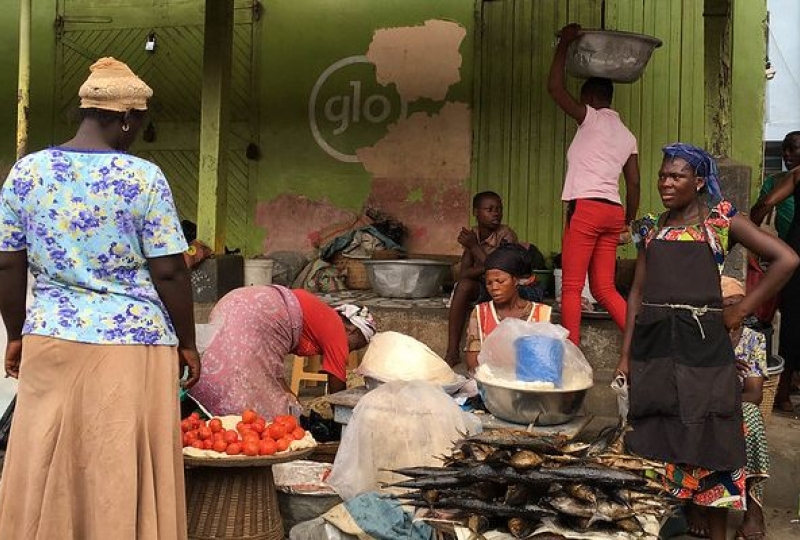‘Our research in the two countries reveals the ways in which top-down, technical approaches to gender mainstreaming as a mechanism to address the observed inequalities in the promotion and protection of the rights to food and land has failed to effectively identify and respond to the impacts of Neo-liberal forms of rural development’ underlines Dr Bourke Martignoni
‘A feminist approach is therefore crucial for drawing attention to the real struggles faced by women in both countries to realize their rights to food and land and to the need to engage in a far-reaching, participatory transformation of the institutions responsible for implementing agricultural and land governance programmes’ she adds.
A further way in which a feminist approach is important is that it provides a crucial counter-narrative to policy discourses that construct a picture of women as helpless ‘victims’ of poverty and disadvantage by highlighting both their agency and their diversity.
The main conclusions and recommendations emerging from the DEMETER research relate to the need to centre human rights-based approaches and feminist methodologies within policy-making and legislative processes so that these are inclusive and informed by diverse, critical voices ‘from below’. The paper also insists on the need for the inter-related rights to land, food, decent work and social protection to form part of institutional responses to agricultural and land governance challenges.










